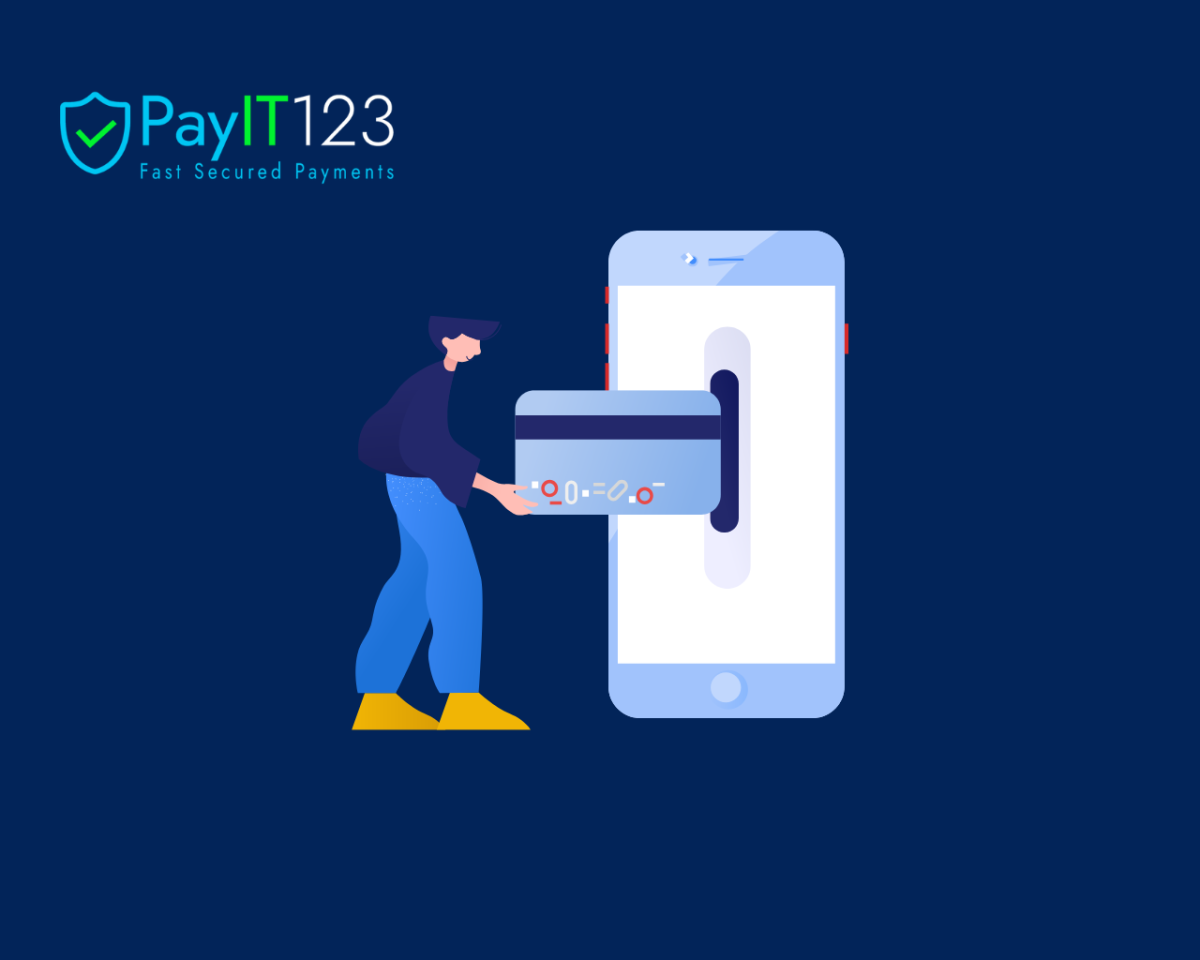Introduction
In today’s digital economy, seamless payment processing is crucial for maintaining customer satisfaction and ensuring smooth business operations. However, many businesses make common mistakes that can lead to delays, chargebacks, and lost revenue. Understanding these pitfalls and taking proactive steps to avoid them is key to keeping your payment systems efficient, secure, and customer-friendly. Here are some top payment processing mistakes and how to avoid them.
- Not Using a Secure Payment Gateway
A business’s most critical mistake is failing to use a secure payment gateway. Processing payments without encryption or proper security protocols puts customer data at risk and increases the likelihood of fraud. To avoid this, always choose a payment processor that complies with Payment Card Industry Data Security Standard (PCI DSS) requirements and offers end-to-end encryption for every transaction. - Ignoring Mobile Payment Compatibility
With the rise of mobile payments, ensuring that your payment system is compatible with popular mobile wallets like Apple Pay, Google Pay, and Samsung Pay is essential. Failing to accommodate these payment methods means missing out on many potential customers. Ensure your payment processor supports mobile wallets and provides a smooth, frictionless payment experience for mobile users. - Lack of Transparency in Fees
Hidden fees can be a significant headache for businesses and customers alike. Many merchants are unaware of the various fees associated with payment processing, such as transaction fees, setup fees, and chargeback fees. To avoid this mistake, choose a payment provider with clear, transparent pricing and make sure you understand all potential costs upfront. - Not Testing Your Payment System Regularly
Another common mistake is neglecting the regular testing of your payment processing system. System outages or glitches can lead to lost sales and frustrated customers. Ensure your payment gateway is operational by running regular tests and monitoring performance. This helps identify issues early and ensures smooth transactions at all times. - Failing to Comply with Local Regulations
Payment processing regulations can vary by country or region. Failing to adhere to local laws, such as sales tax or consumer protection regulations, can result in legal issues or fines. Make sure your payment system is compliant with the relevant legal requirements in the jurisdictions in which you operate.
Conclusion
Payment processing is a crucial aspect of any business, and avoiding these common mistakes can save you time, money, and customer trust. By prioritizing security, mobile compatibility, transparency, regular testing, and compliance, you can streamline your payment systems and enhance the overall customer experience.

